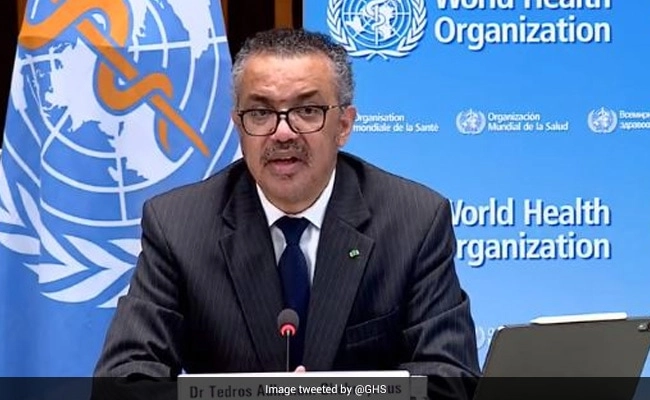In a significant financial transaction, Columbia University has agreed to a collaborative initiative with the Trump administration, involving a substantial sum of $400 million. This agreement is rooted in the university’s commitment to advancing research and educational programs that align with the priorities set forth by the federal government. The funds are earmarked primarily for projects that promote scientific advancement, technological innovation, and workforce development, areas that have been focal points for the administration.
The agreement reflects a broader trend in which higher education institutions seek to partner with governmental entities to secure funding for research initiatives. Columbia University, as one of the leading research institutions in the United States, recognizes the potential benefits of such partnerships. By aligning its research objectives with the administration’s goals, the university can leverage this substantial funding to enhance its facilities, recruit top-tier faculty, and expand its research capabilities. This collaboration is expected to foster an environment where groundbreaking discoveries can be made, addressing some of the critical challenges facing society today.
Moreover, the partnership is anticipated to bolster Columbia’s role in the national dialogue regarding education and innovation. By engaging in this agreement, the university positions itself as a key player in shaping policies that influence federal funding for research and education. The infusion of $400 million will not only support immediate projects but also create a framework for long-term collaboration between higher education and the government. This relationship may pave the way for future funding opportunities, enhancing Columbia’s reputation and influence in academic circles and beyond.
While the agreement has the potential to yield substantial benefits for the university, it is not without its critics. Some stakeholders express concerns regarding the influence of political agendas on academic freedom and the implications of accepting federal funds tied to specific initiatives. This discourse highlights the ongoing debate about the intersection of education, research, and politics, emphasizing the need for institutions to navigate these waters carefully. Ultimately, Columbia University’s decision to accept the $400 million from the Trump administration reflects a strategic choice to harness governmental support for its research mission while contributing to national objectives in science and technology.




